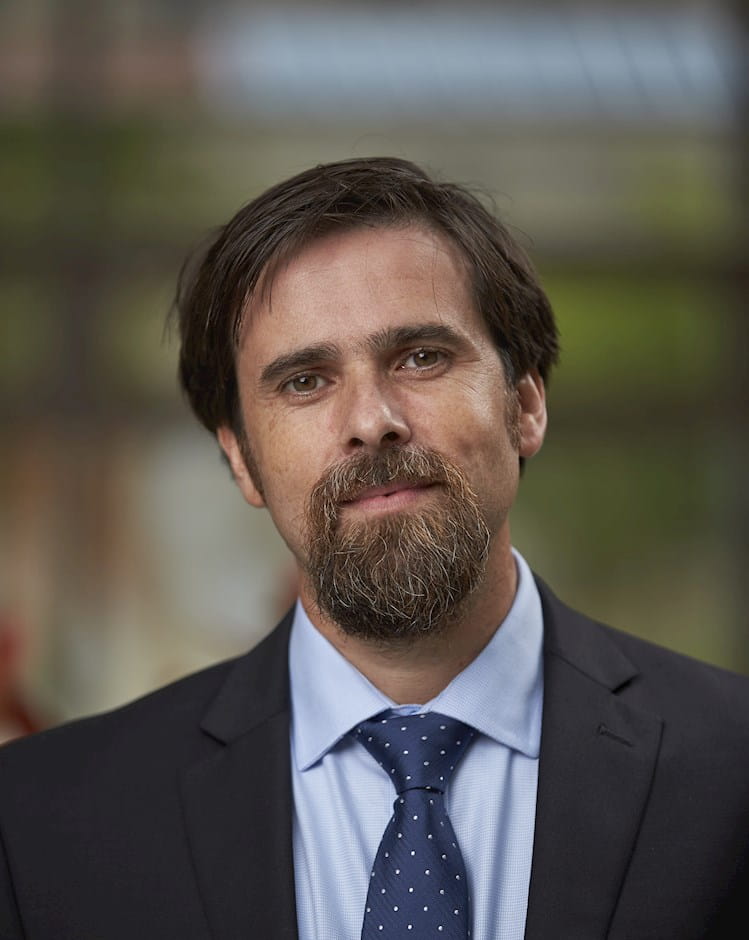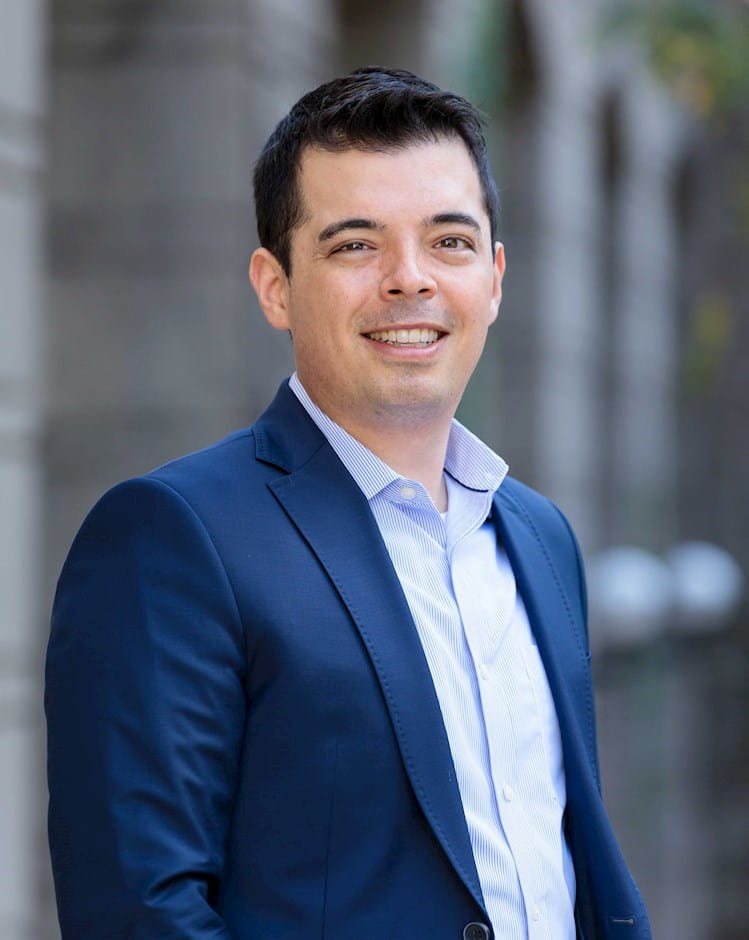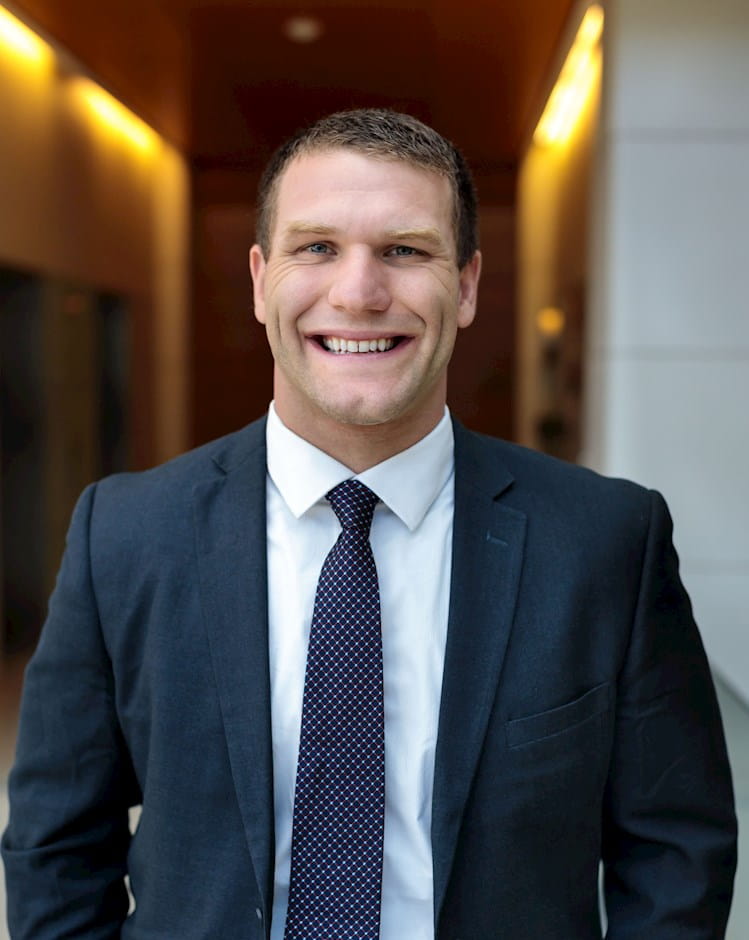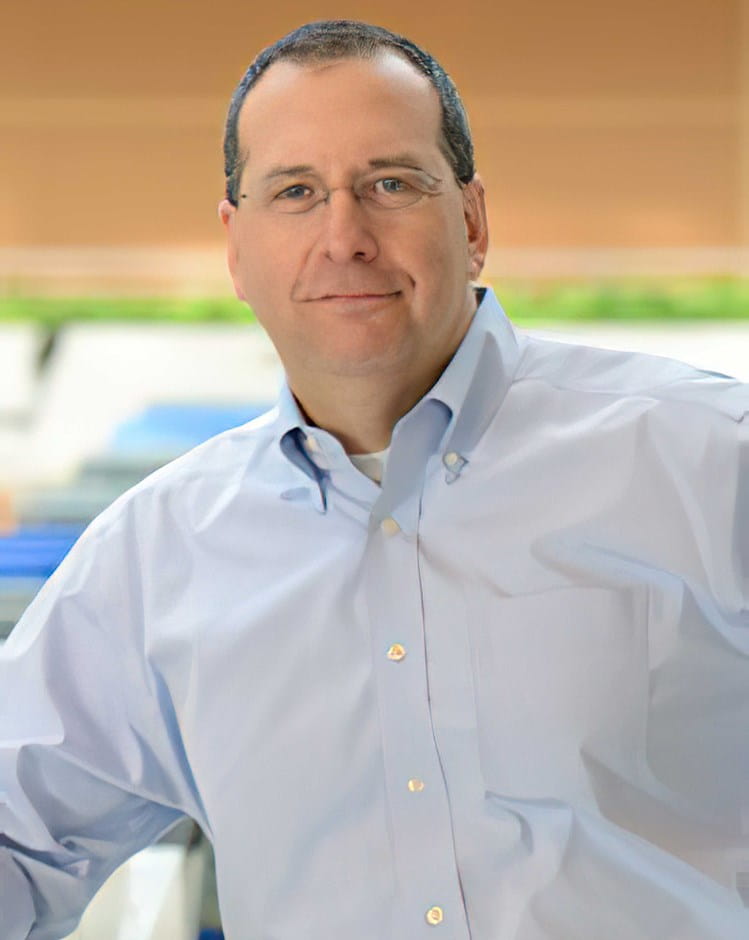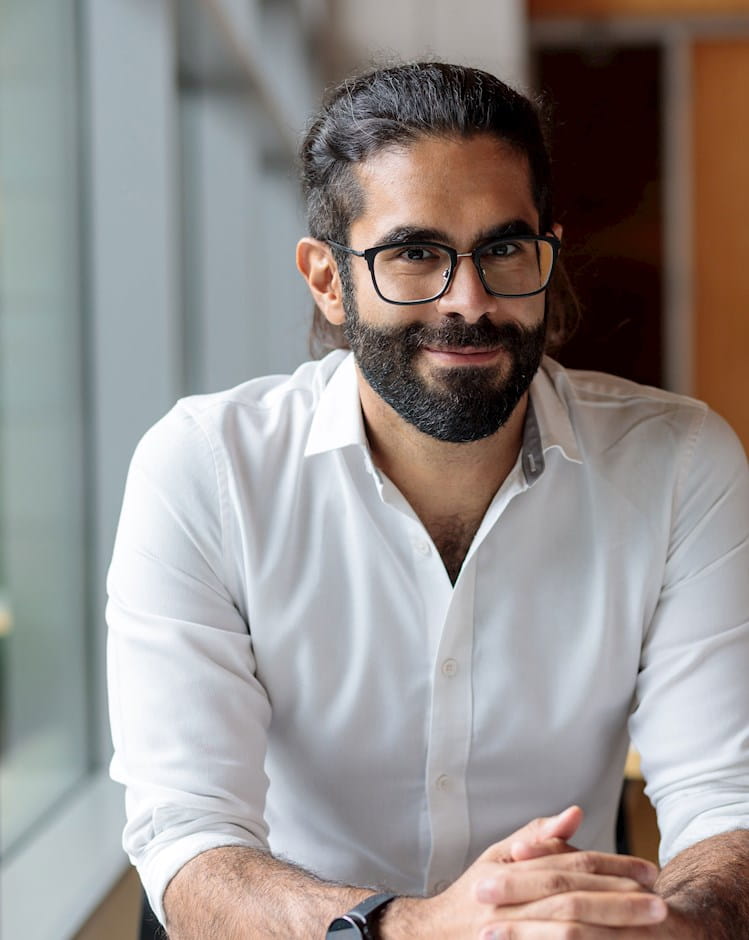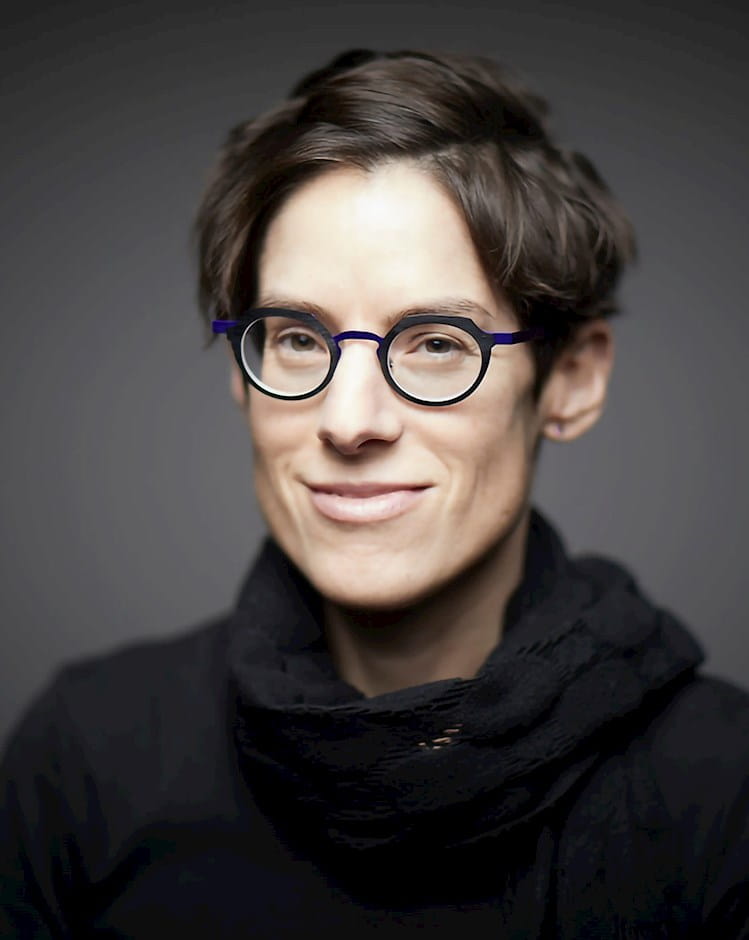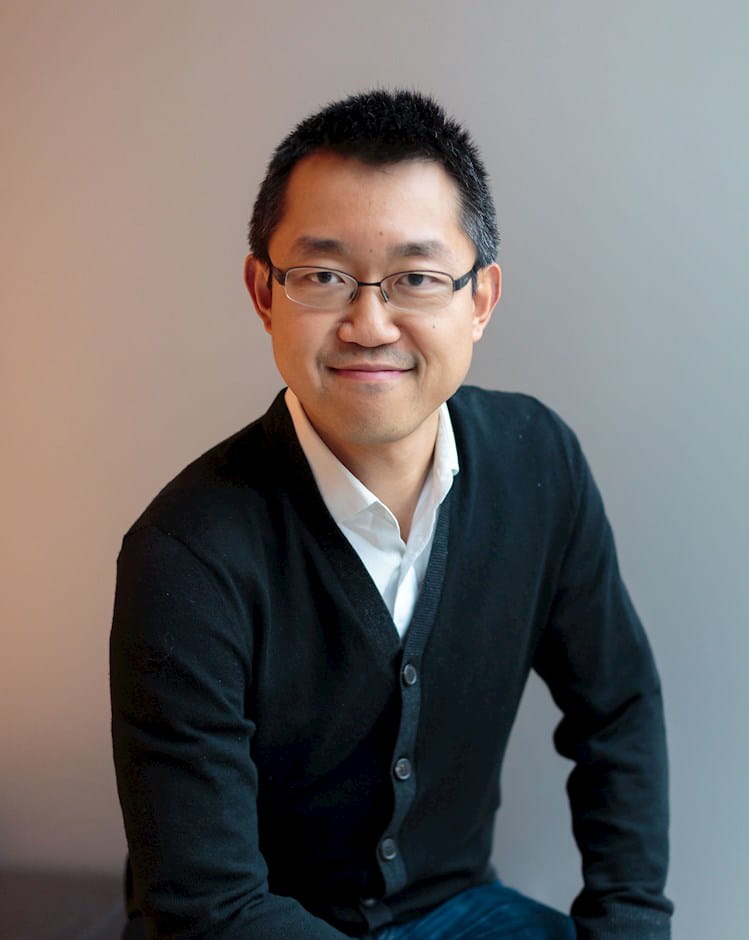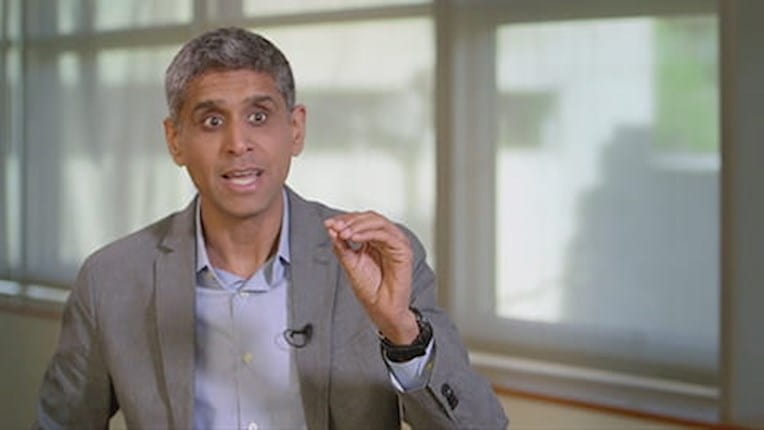
PhD in Management Science and Operations Management

The Management Science and Operations Management PhD Program applies the underlying methodologies of management science to deal with problems of developing, producing, and delivering goods and services.
In collaboration with faculty who are recognized leaders in their fields, you’ll use rigorous research methods and theory to help guide organizations to better outcomes.
Our Distinguished Management Science and Operations Management Faculty
Chicago Booth faculty in management science and operations management conduct pioneering work with lasting impact. As a doctoral student here, you’ll gain from their knowledge and experience through advising, mentorship, and research collaboration.
Alumni Success
Our alumni have gone on to successful careers in academia and industry.
Scholarly Publications
Chicago Booth is home to some of the world’s most prestigious business and economic journals. Today, the school is responsible for the management of three high-impact journals, while four others were founded at Booth.
Spotlight on Research
Faculty and student research in management science and operations management is regularly highlighted in Chicago Booth Review.
A Network of Support
Chicago Booth is home to several research centers that offer research funding to PhD students. They also bring together a network of like-minded scholars who guide and support our students in their research.
Rustandy Center for Social Sector Innovation
Chicago Booth’s destination for people committed to tackling social and environmental problems, the Rustandy Center supports the work of PhD students and others who are focused on transforming the social sector.
The PhD Experience at Booth
For Vishal Ahuja, PhD ’13, a key strength of the Chicago Booth community is its interdisciplinary nature.
Current Management Science and Operations Management Students
Chicago Booth is a top destination for students interested in management science and operations management. They come from all over the world to work with faculty whose work has had an impact on the way industry professionals, government leaders, and scholars conduct business.
Jayoung Byun
Tongqing (Angelina) Chen
Farbod Ekbatani
Feiyu Han
Aditya (Adi) Krishnamoorthy
Samuel Kwan
Chun Li
Zi (Elaine) Ling
Emin Ozyoruk
Yucel (Naz) Ozyoruk
Fabricio Previgliano
Tingrui Shi
Duygu Soylemez
Maximiliano Stock
Jose (Pepe) Velarde Morales
Haoyu Wu
Tong Xie
Yaqi Xie
Angela (Jingyuan) Yang
Maolinsheng (Iris) Ye
Program Expectations and Requirements
The Stevens Doctoral Program at Chicago Booth is a full-time program. Students generally complete the majority of coursework and examination requirements within the first two years of studies and begin work on their dissertation during the third year.
For details, see General Examination Requirements by Area in the Stevens Program Guidebook below.



